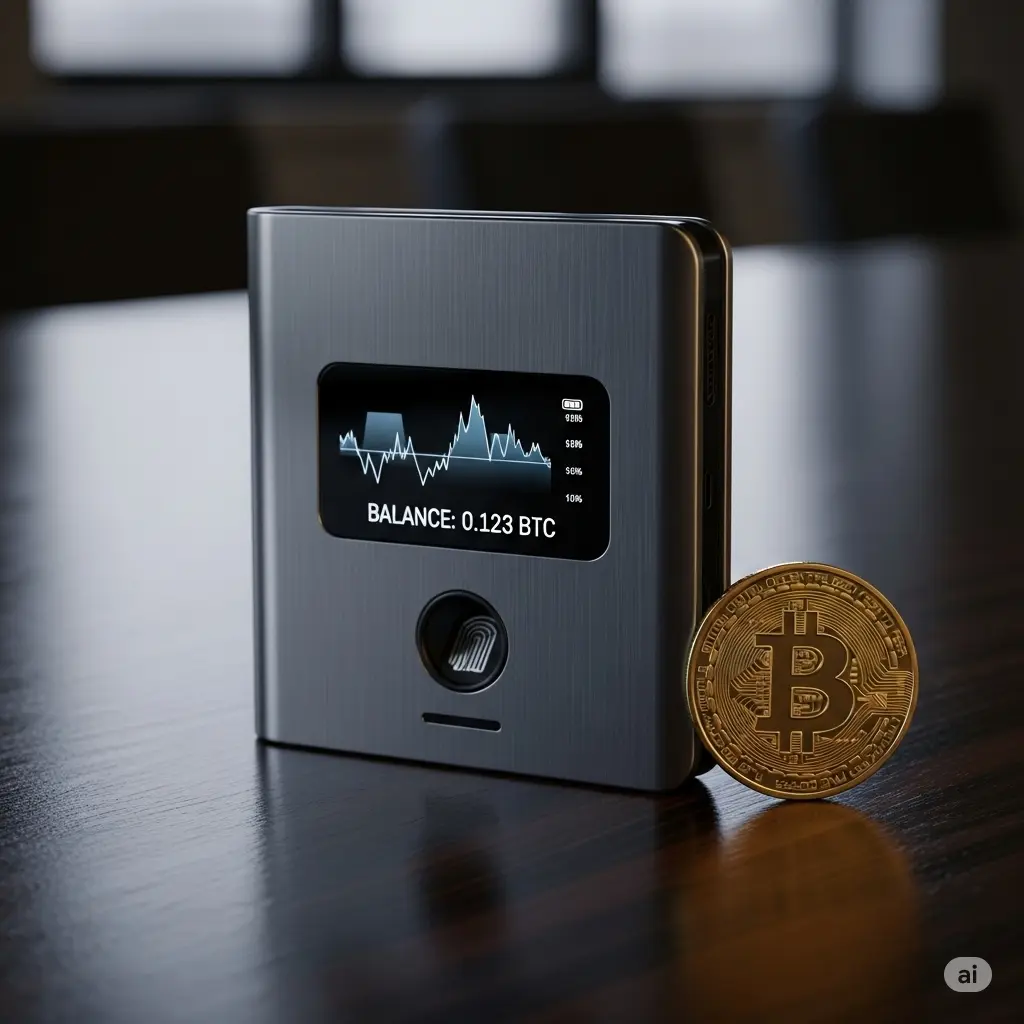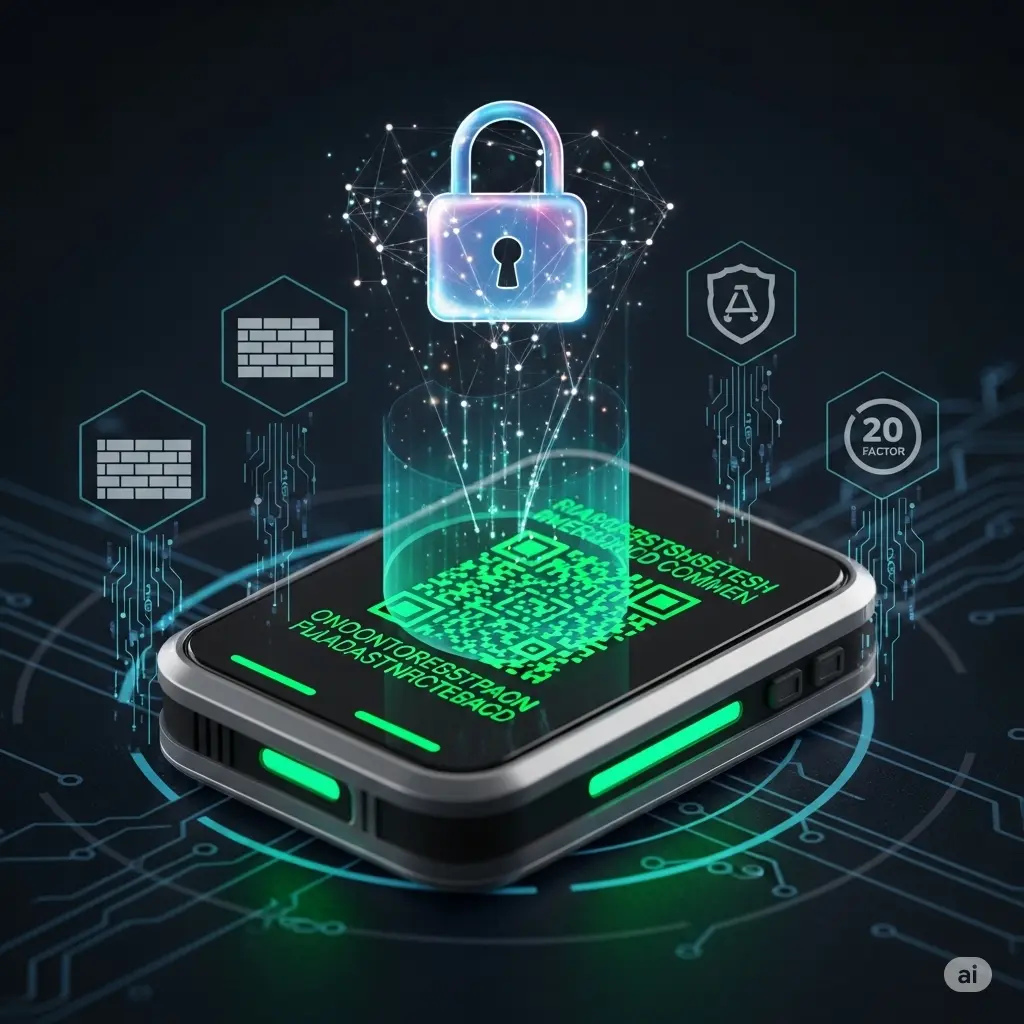Certified Secure Crypto Wallet — Your Crypto’s Guardian
In today’s fast-evolving digital landscape, cryptocurrency is no longer a futuristic dream—it’s an integral part of global finance. Yet with great power comes great responsibility, and safeguarding your digital assets has never been more critical. That’s where the concept of a Secure Crypto Wallet—especially a certified secure crypto wallet—steps in as your crypto’s guardian. This powerful idea isn’t just about storing your coins; it’s about ensuring peace of mind in an age where cyber threats, phishing attacks, and theft loom large.
As DeFi, Web3, and blockchain-based innovations continue their meteoric rise, so does the need for robust wallet security. From hot wallets that connect seamlessly to the internet to cold wallets that offer offline peace of mind, understanding the landscape of crypto wallet security is vital—especially for your readers at Global Crypto Sports, where every fan, bettor, or trader deserves a shield as solid as a crypto vault.

1. What You Need to Know
To appreciate why a Secure Crypto Wallet is a must, let’s unpack some essential cryptocurrency terms in clear, beginner-friendly language:
- Blockchain: A decentralized, digital ledger that records transactions across many computers to ensure security and transparency. Think of it as the backbone of all crypto.
- DeFi (Decentralized Finance): Financial services built on blockchain platforms that don’t rely on traditional banks—making crypto wallet security even more important.
- Web3: The next generation of the internet where decentralized networks allow users to control data, identity, and money. Your crypto wallet acts as your passport in this ecosystem.
- Wallet Types:
- Hot Wallet: A wallet connected to the internet—like a mobile or desktop app—for fast, convenient access.
- Cold Wallet: A device or method disconnected from the internet—like a hardware wallet—for higher security.
- Seed Phrase: A human-readable backup phrase (typically 12–24 words) that allows you to restore access to your crypto if you lose your wallet.
- Hardware Wallet: A small, physical device designed to securely store private keys offline.
- Mobile Wallet: A hot wallet in the form of a smartphone app.
- Decentralized Wallet: A wallet where you fully control your private keys—no central authority can access your funds.
- Crypto Wallet Security: The combination of tools, best practices, and physical safeguards used to protect your wallet and private keys from theft or loss.
- Wallet Backup: Safeguarding your seed phrase or private key, typically by writing it down securely or storing it offline.
2. Understanding “Certified Secure Crypto Wallet”
2.1 What Does “Certified” Mean?
When a wallet is described as “Certified Secure,” it means it has undergone rigorous testing and meets specific standards—such as security audits (by firms like Cure53 or Trail of Bits), hardware certifications (like FIPS 140‑2/3), or compliance with regulatory frameworks (e.g., ISO/IEC 27001 for information security). This certification demonstrates:
- Robust encryption of private keys.
- Tamper-resistant hardware components.
- Secure firmware and software design.
- Transparent audit trails.
This level of assurance is especially valued by serious crypto holders and institutions.
2.2 Why It Matters Right Now
- Biometric threats are evolving: Hacks using advanced phishing, SIM‑swap, and malware attacks are on the rise.
- Mass adoption: As more users—especially fans of crypto sports—invest in tokens and NFTs, wallet security becomes a top concern.
- Regulatory scrutiny: Even if you’re not in a regulated market, financial watchdogs globally are pushing for stronger crypto security standards, elevating the importance of certified wallets.
3. Hot Wallets vs. Cold Wallets: What’s Right for You?
3.1 Hot Wallet
What It Is
A hot wallet stays connected to the internet, giving you convenience and speed for trading, DeFi staking, or NFT purchases.
Pros
- Instant access and transaction speed.
- Ideal for DeFi, Web3, and everyday use.
- Often free or low-cost.
Cons
- Greater exposure to hacks, malware, and phishing.
- Requires strong crypto wallet security practices.
3.2 Cold Wallet
What It Is
A cold wallet keeps your keys completely offline—like a hardware device or written-down seed phrase.
Pros
- Significantly higher security.
- Resistant to online attacks.
- Ideal for long-term storage or large sums.
Cons
- Less convenient.
- Higher upfront cost (especially for hardware).
- Risk of loss or physical damage if not backed up properly.
4. Real-World Examples & Case Studies
4.1 Case Study: The Hardware Wallet That Stood Strong
In 2024, a crypto enthusiasts’ group tested a popular certified hardware wallet against a series of phishing and malware attacks. Even after repeated attempts, the device’s secure element prevented private key extraction, while its firmware integrity checks thwarted attempts to install malicious updates. Users credited its certified secure crypto wallet status for its resilience.
4.2 Real-World Mishap: Lost Seed, Lost Crypto
One user relied on a mobile wallet but never backed up their seed phrase. When their phone was stolen, they lost access to $5,000 worth of tokens forever. If they had used a certified cold wallet and properly backed up the seed phrase, the loss could have been avoided.
5. Benefits, Risks, Pros & Cons
Benefits of a Certified Secure Crypto Wallet
- Enhanced Trust: Certification reassures you that security is vetted, not just claimed.
- Peace of Mind: You know your funds are protected by rigorous standards.
- Longevity: Certified devices often receive timely security updates.
- Better Support: Vendors maintaining certified devices tend to have better customer backing and documentation.
Potential Risks & Drawbacks
- Cost: Hardware wallets with certifications can be more expensive.
- Complexity: Beginners may find the setup intimidating.
- Physical Loss: Without a proper wallet backup, losing the device or seed phrase can mean losing assets forever.
- False Sense of Security: Even certified wallets require careful usage—especially avoiding phishing and keeping backups safe.

6. Actionable Advice for Beginners & Intermediate Crypto Investors
For Beginners
- Start Small: Use a hot wallet for small, everyday transactions—think trading or NFT browsing.
- Backup Immediately: Write down your seed phrase on paper, store it in a secure place (e.g., safe or safety deposit box).
- Turn On 2FA: Whenever possible, enable two-factor authentication on wallet apps.
- Keep Software Updated: Don’t ignore firmware updates—these patches protect your wallet from emerging threats.
- Educate Yourself: Understand how phishing works, and always verify URLs before entering your seed phrase.
For Intermediate Users
- Invest in a Certified Cold Wallet: Look for devices that meet standards like FIPS or have passed third-party audits.
- Use Passphrases with Seed Phrases: This adds an extra encryption layer to your backup.
- Divide Your Seed Phrase: Split it into multiple secure locations to reduce risk of physical theft.
- Practice a Dry Run: Test a recovery process using your seed phrase on a new device (without funds) to ensure it works.
- Stay Informed: Follow news from trusted sources (like Global Crypto Sports!) about emerging wallet vulnerabilities or new certified devices.
7. Frequently Asked Questions (FAQ)
1. What is the best crypto wallet in 2025?
While many wallets offer excellent features, the best crypto wallet 2025 depends on your needs. If you want top-notch security, opt for a certified hardware wallet like Ledger X or Trezor Model T. For convenience and mobile trading, a well-reviewed mobile wallet with strong encryption can work. Always look for recent audits, firmware updates, and user reviews.
2. What’s the difference between a hot wallet and a cold wallet?
A hot wallet is always online—convenient for quick trades, DeFi, or Web3 access. A cold wallet (e.g., hardware wallet) stores your private keys offline, offering high protection from hackers—but at the cost of convenience.
3. How do I keep my seed phrase safe?
- Write it on paper (not digitally).
- Store in a secure, fireproof location.
- Use metal backups for extra durability.
- Split it across multiple secure locations if storing large amounts.
4. Can a certified wallet still be hacked?
No system is 100% immune. But a certified secure crypto wallet substantially reduces risk—especially against remote attacks. You must still follow best practices like avoiding phishing, keeping firmware updated, and securing backups.
5. What is a decentralized wallet?
A decentralized wallet means you hold the private keys. No central authority can freeze or access your funds. It’s the true nature of crypto sovereignty—but it also means full responsibility for your security.
6. Should I use a mobile wallet for everyday trading?
Yes, mobile wallets are great for everyday use. Just ensure strong security: use a trusted app, enable device-level encryption, and never store large funds without backup.
7. How often should I update my hardware wallet’s firmware?
As soon as updates are released! Firmware updates often patch vulnerabilities or improve security. Failing to update can expose certified wallets to known threats.
8. Strong Conclusion & Call-to-Action
In an era where digital assets are soaring—and threats are evolving—your crypto wallet must be more than just a place to store coins. It must be your guardian. A Certified Secure Crypto Wallet offers that extra layer of trust and assurance: through audits, robust hardware, and industry-leading security protocols.
Whether you’re diving into DeFi, minting NFTs, or simply holding tokens for the next boom, your wallet is your fortress. Choose between hot and cold wallets wisely:
- Use a hot wallet for quick access and trading.
- Use a certified cold wallet for large holdings and long-term security.
- Always back up your seed phrase, keep your firmware updated, and stay informed about wallet security threats.
Global Crypto Sports is here to keep you ahead—whether you’re tracking the latest token trends, researching the best crypto wallet 2025, or seeking tips to reinforce your crypto wallet security. Bookmark us for updates, share this post if you found it useful, and invest in your peace of mind as wisely as you invest in crypto.
Stay safe. Stay secure. And let your wallet be your guardian in the exciting journey ahead.